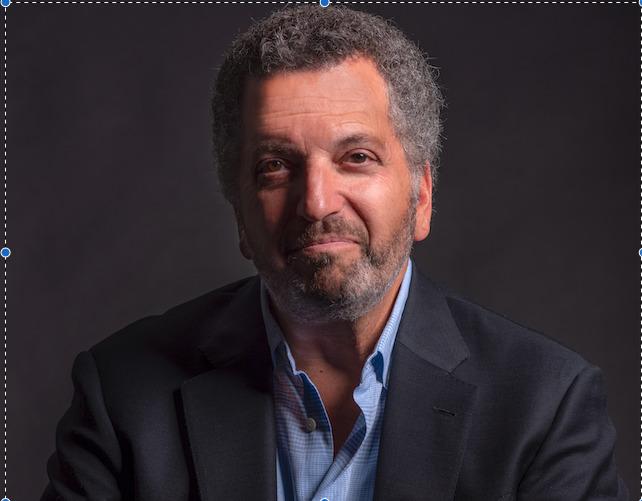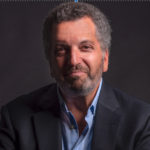
My wife passed away a year ago this past June following a very long, degenerative illness. She died far too young. The disease that stole her away was unspeakably cruel, and she is sorely missed. She was deeply loved by a family that will grieve her loss forever. I have written about these things, but not here. Here, I am writing separately and frankly only about the experience of being a caretaker over a long period of time and the challenge that presents.
I am done with the day-to-day caretaker role now.
Done with the wheelchair, and before that the walker, and before that the cane, all of which were only machines or devices, but which I hated with an animus that was personal. Each was an intruder, a constant reminder of what was being lost, a bit at a time. I chafed under their presence.
Done with the unending succession of cloudy, grey days, because, as I recall it, that is what the weather was. That is literally what I see when I remember looking outside during those many days — low, cold, grey clouds.
Done and gone from a time in our lives, starting in our early 40s and ending many years later, that should have been remembered for hard-won successes, the yield of years of personal efforts of all sorts, the realization of potential, the light of the world’s promises fulfilled. It was, instead, while loving in its way, often a drab time. Disappointing. Too often exquisitely painful.
And done with the unwanted thoughts that were as dark as those clouds. Forbidden thoughts, at odds with who I thought I was and who I wanted to be.
In one of his last speeches, as he was departing public life, Winston Churchill, who made his place in history by magnificently managing, for himself and his country, and perhaps the world, the grim reality of his time, famously and elegantly enjoined that in the face of adversity, one should, “Never flinch, never weary, never despair.”
I very often failed on each count of Churchill’s directive. Despair was, if not my constant companion, a frequent visitor, or just on the other side of the door. Weary? I sometimes did not have the energy — psychic or otherwise — to finish walking even a short distance from one place to another. I sometimes, oddly, just stopped for a moment and stood where I was. Never flinch? I flinched more times, and in more ways, than my pride permits me to recall.
Now I am on the other side of all of that, but I can’t leave it behind, really. It is a part of me and always will be. Those memories. Those feelings. Sometimes even remnants of a rage that I kept mostly bottled up, an anger that was in part on her behalf, and in part, selfishly, just for me. What do I do with all of that now? How do I find a way to understand what happened? How do I find peace?
I think that I may have found the way for me. I can’t speak for others. For me, the path may be in the realization that Churchill used those particular words and issued that directive because he knew that people do flinch from adversity. It is a fact that, at points along the way, they wear out and sometimes stop, and sometimes lose their way. And from time to time they lose faith, in anything and everything. They are simply suffering in their own harsh world.
I think that Churchill was telling the rest of us, just by saying those words, that some circumstances — some burdens that we are called upon to bear — are a lot. Maybe in some moments, too much. And he was saying that we should do our best, but that not being fully and always up to every moment that life presents — coming undone and falling short — is, in fact, a part of being human.
The thing to do in those times — moments or longer — is to simply endure, to make your way through. To persevere. There is honor in simply doing that and not more if more is not possible, in service to another. In service to that love. Make your way through, and if you can rediscover goodness and sunshine later, see it. That is your obligation, too.
You were in one place, and now you are in another.
Now, live.
Dan Shapiro is the author of “The Thin Ledge,” a personal account of becoming a full-time caregiver for his late wife. A lifelong Chicagoan and graduate of the University of Chicago Law School, he has practiced trial law nationally for many years. He is a trustee for the Brain Research Foundation (BRF) and, along with his three grown children, has raised over a quarter of a million dollars in the last five years for the BRF. “The Thin Ledge” is his debut book.
This article originally appeared on McKnight's Senior Living

